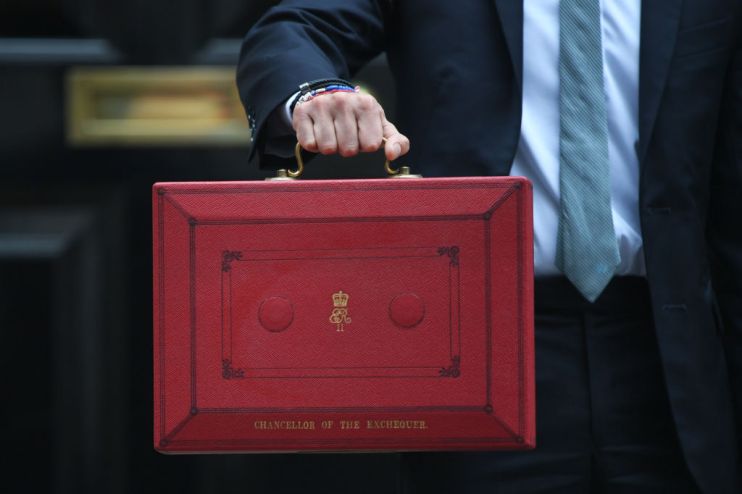All eyes on UK Autumn Budget as Sunak’s government goes Hunt-ing for cash

Markets’ main focus today will be on Westminster and Chancellor of the Exchequer Jeremy Hunt as he delivers the long-anticipated Autumn Statement.
Over the past few weeks, Brits heard an array of estimates of the size of the fiscal black hole at the heart of the public finances, ranging from £40bn to £55bn.
“However, this week we got a new one in the form of a higher number, this latest one being £70bn, begging the question as to how big the fiscal hole is,” Michael Hewson, chief market analyst at CMC Markets, commented this a.m.
“While we know a good proportion of this is due to higher borrowing costs due to high inflation, as well as the potential for a slowdown in the UK economy, it seems odd that the size of the hole has gone up at the same time UK gilt yields have gone down, along with natural gas prices,” he noted.
Hewson pointed out that “yesterday the UK 10-year gilt yield fell to its lowest level since the 16th September, likewise with 2-year gilt yields, to a level when the term black hole referred to objects in outer space.”
According to Hewson, this would suggest that, as Bank of England governor Andrew Bailey admitted yesterday, that most of the risk premium from the events in September has come out, which means there is little if any need for a punishing budget.
“If he is correct in that assessment, it would suggest that the Chancellor probably has more wriggle room when it comes to laying out a long-term plan to address the challenges facing the UK economy,” he explained.
“The problems are certainly not something that can be resolved over the next two to three years, but require a much longer time horizon, given the challenges posed by the energy transition.”
Michael Hewson this a.m.
“Most sensible investors would understand that which makes the almost masochistic desire to impose further pain on the economy in today’s budget an incredibly risky approach, at a time when inflation is already at a 40 year high,” Hewson continued.
It’s almost as if in trying to repair the damage of the Truss budget, “Hunt is overcompensating, when a middle ground would be more appropriate,” he argued.
In delaying the budget until now with nary a murmur from the markets the government may have the opportunity to be bolder when it comes to helping business, and not hammering it with new taxes.
While a lot of what is to come today is likely to depend on what the OBR’s economic forecasts say it should also be noted that the OBR’s recent forecasts have been about as much use as a chocolate fireguard.
“Get today wrong, and Hunt runs the risk of making matters worse for the economy.”
Michael hewson
“There are simply too many variables for any forecasts to be remotely accurate, and while economists have many varying models, they are only as good as the data that gets put into them,” Hewson continued.
“What we do know from the experiences of last decade is that in implementing tax rises, as well as significant spending cuts in the wrong areas heading into a recession is the wrong approach,” he added.
The government simply must convince the markets that they have a credible long term economic plan they can implement over a 5–10-year period, rather than impose a plan that no other country in Europe is pursuing, and Hewson stressed “where countries like Germany are spending billions of euros more in supporting their economies without any penalty when it comes to borrowing costs.”